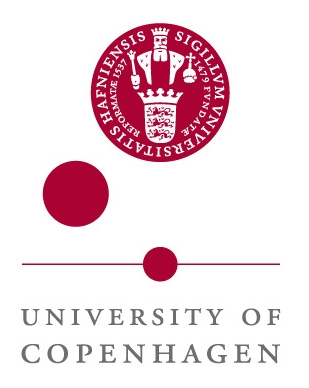Data
CLARIN provides access to digital language data. The datasets cover various dimensions (language, modality, time span, etc.) and are hosted in a distributed way by the CLARIN centres.
CLARIN's language resources and tools can be explored via the individual repositories and via our unified catalogue, the Virtual Language Observatory ( ).
Virtual Language Observatory
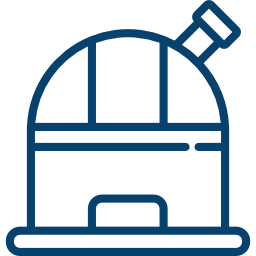
The Virtual Language Observatory (VLO) provides a means of exploring language resources and tools. Its aim is to provide an easy-to-use interface, allowing for a uniform search and discovery process for a large number of resources from a wide variety of domains. Facets make it easy to explore and access available resources. A powerful query syntax makes it possible to carry out more targeted searches as well. It also makes it easy to review processing options for discovered resources via the Language Resource Switchboard, and to create virtual collections based on search results via the Virtual Collection Registry.
The following list provides a few links for example selections and queries to start exploring:
- Resources for spoken French
- Corpora with Polish content
- All records from the Language Bank of Finland
- Searching for a general term: 'slovenian news sentiment'
More information is available in the VLO’s integrated help page.
Repositories
ASV Leipzig
ASV Leipzig

ARCHE
ARCHE
Bavarian Archive for Speech Signals
Bavarian Archive for Speech Signals

Berlin-Brandenburg Academy of Sciences and Humanities
Berlin-Brandenburg Academy of Sciences and Humanities
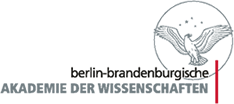
Center of Estonian Language Resources
Center of Estonian Language Resources

Common Language Resources and Technology Infrastructure, Slovenia (CLARIN.SI)
Common Language Resources and Technology Infrastructure, Slovenia (CLARIN.SI)
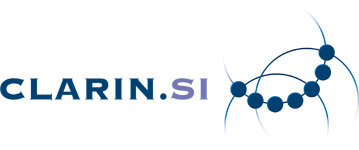
Eberhard Karls Universität Tübingen
Eberhard Karls Universität Tübingen
Leibniz-Institut für Deutsche Sprache
Leibniz-Institut für Deutsche Sprache
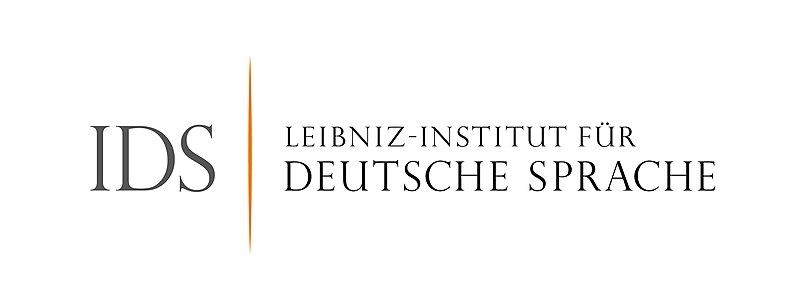
LINDAT/CLARIAH-CZ
LINDAT/CLARIAH-CZ
MPI for Psycholinguistics
MPI for Psycholinguistics
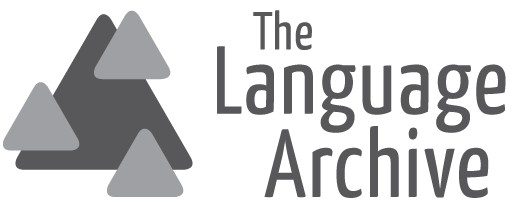
Språkbanken Text
Språkbanken Text
The ILC4CLARIN Centre at the Institute for Computational Linguistics
The ILC4CLARIN Centre at the Institute for Computational Linguistics
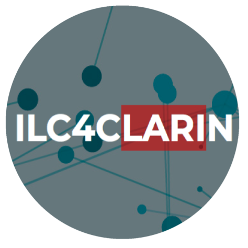
The Language Bank of Finland
The Language Bank of Finland
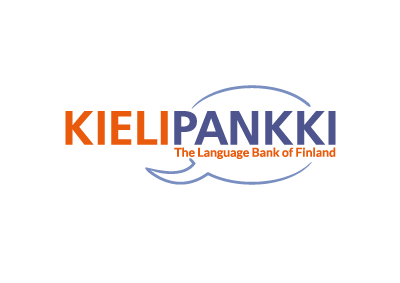
ZIM Centre for Information Modelling
ZIM Centre for Information Modelling

CLARINO Bergen Center
CLARINO Bergen Center
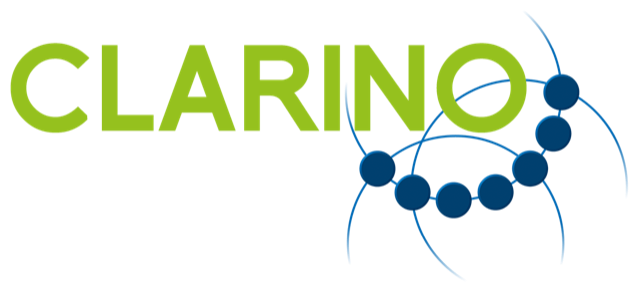
PORTULAN CLARIN
PORTULAN CLARIN
The CLARIN Centre at University of Copenhagen
The CLARIN Centre at University of Copenhagen
